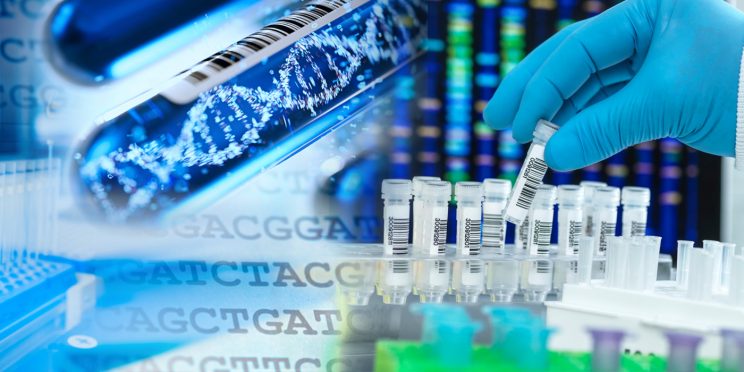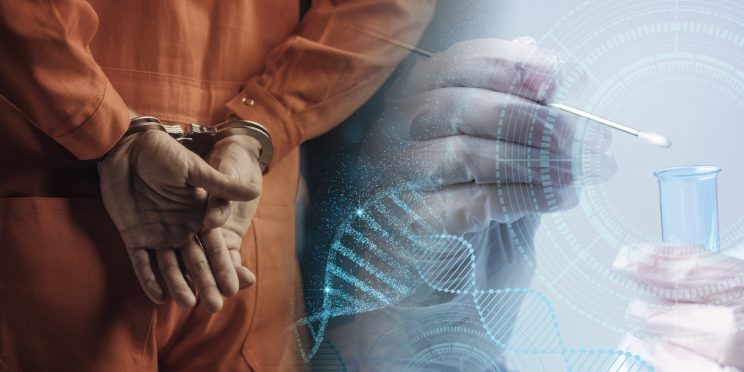This webinar originally occurred on September 18, 2018
Duration: 1.5 hours
Overview
During National Forensic Science Week, early-career researchers that were awarded FTCOE travel sponsorships to the prestigious Gordon Research Conference and Seminar will present novel projects in forensic DNA analysis.
All individuals presented posters at the GRC and will be further disseminating their research through this National Forensic Science Week webinar. During this webinar, each presenter will provide a brief overview of their research topic and an address questions from attendees during a Q&A session.
The second Gordon Research Conference (GRC) on Forensic Analysis of Human DNA was held June 17-22, 2018 at Sunday River in Newry, Maine. The mission of GRC is to create an international forum that fosters open discussion of cutting-edge topics at the forefront of human identification research. Topics presented and discussed by leading researchers included probabilistic genotyping, molecular methods for body fluid identification, DNA sequence variation, DNA deposition and transfer, advances in microfluidics for rapid DNA analysis, and the relationship between genotype and phenotype as it relates to pigmentation and craniofacial formation.
The two days prior to the GRC, several graduate students, post-docs, and other scientists with comparable levels of education and experience gathered together to share new and unpublished innovative scientific research. The goal of this Gordon Research Seminar (GRS) was to provide attendees with an informal, relaxed atmosphere that enhanced collaborative opportunities while helping to identify challenges in research and its applications.
The Forensic Technology Center of Excellence (FTCOE) provided travel sponsorships to several early-career researchers to attend both the GRS and the GRC. All individuals presented posters at the GRC and will be further disseminating their research through this National Forensic Science Week webinar. During this webinar, each presenter will provide a brief overview of their research topic and address questions from attendees during a Q&A session. Research topics include, but are not limited to, the following:
- Direct separation of mixtures obtained from sexual assault kits
- Analysis of microhaplotype markers on massively parallel sequencing (MPS) platforms
- Predictive modeling of nose shape variations
- Use of loop-mediated isothermal amplification for body fluid identification and rapid screening of male DNA
- Validity of mRNA and miRNA analysis for BFID
Presenters
- Tiffany Layne | Ph.D. Candidate, University of Virginia
- An-Chi Tsuei | Ph.D. Candidate, University of Virginia
- Carrie Mayes | Ph.D. Candidate, Sam Houston State University
- Sarah Lum | Ph.D. Candidate, University of Notre Dame
- Fabio Oldoni | PostDoc, The George Washington University
- Zeenat Salahuddin | Visiting Ph.D. Candidate, Penn State University
Funding for this Forensic Technology Center of Excellence webinar has been provided by the National Institute of Justice, Office of Justice Programs, U.S. Department of Justice.
The opinions, findings, and conclusions or recommendations expressed in this webinar are those of the presenter(s) and do not necessarily reflect those of the U.S. Department of Justice.
Contact us at ForensicCOE@rti.org with any questions and subscribe to our newsletter for notifications.




